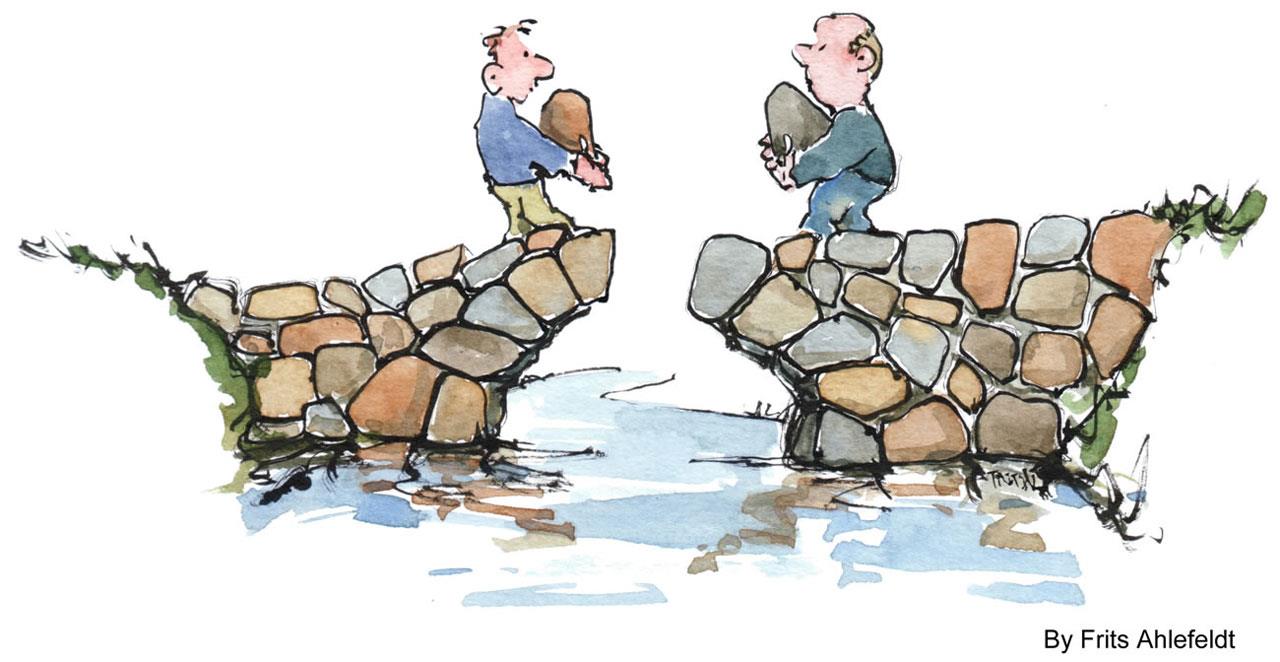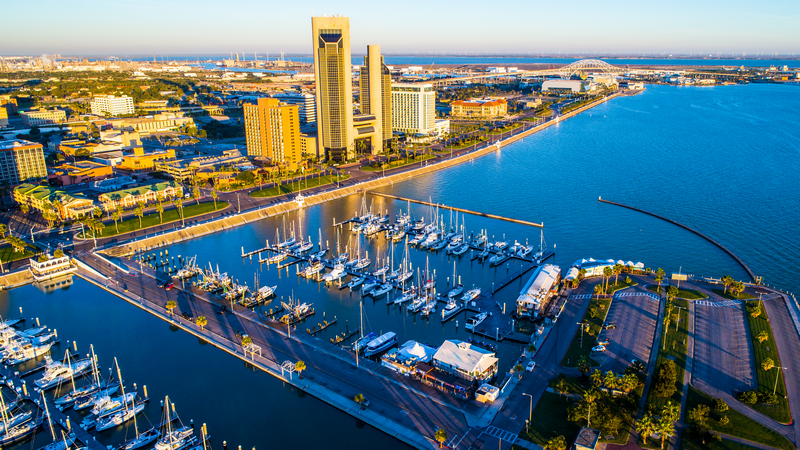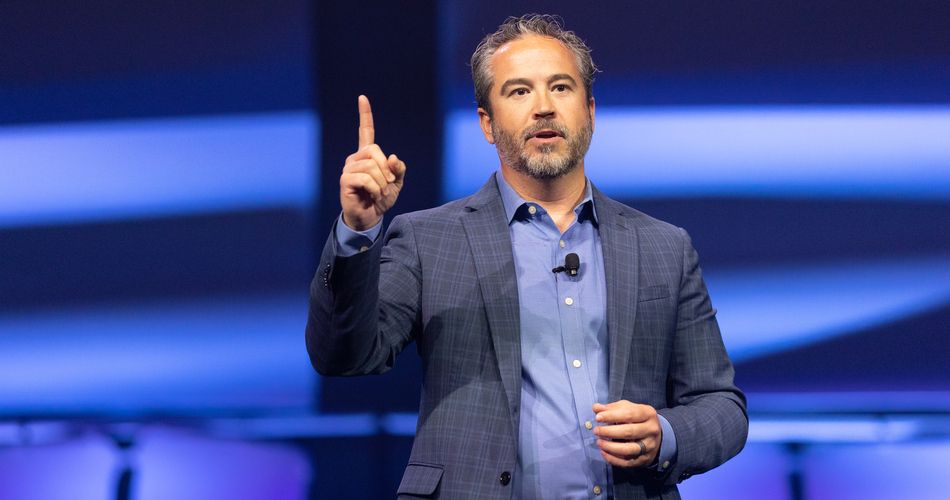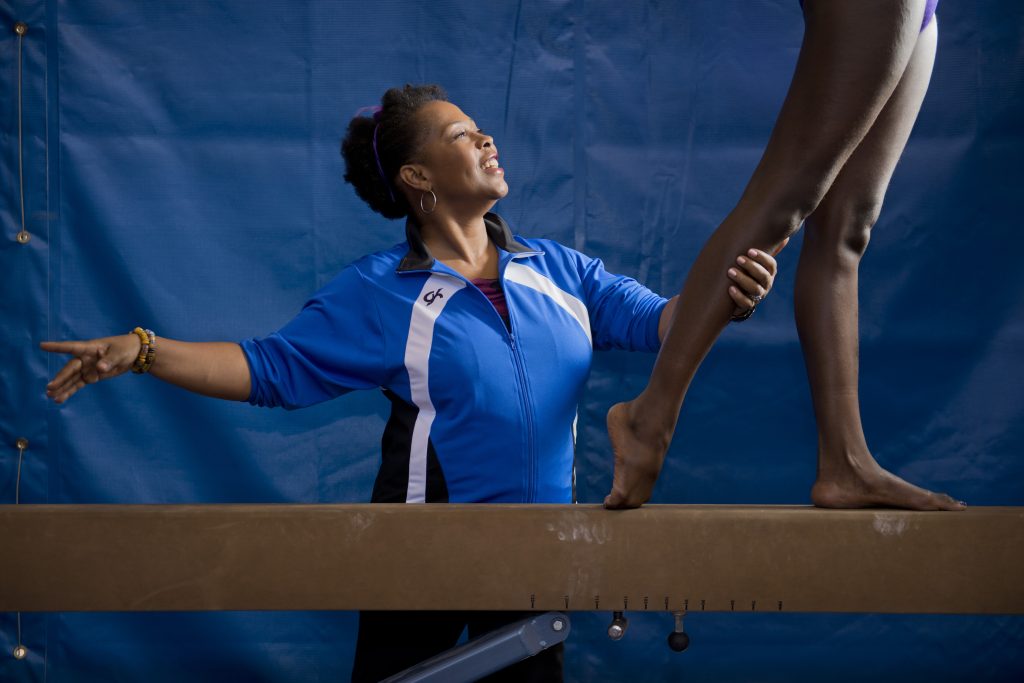People will respond to that, and you’ll soon become what you project.” This commentary is relevant in the sports tourism and events industry more today than ever before. In an era of shrinking budgets and increasing expectations, industry professionals seeking an edge should look no further than their personal rolodex.
Our industry has seen significant growth over the past decade. The number of destinations that are putting resources into hosting sporting events, and the number of rights holders that hold them, are both at an all-time high. Entirely new niche events have surfaced, such as the obstacle course races and specialty running events, and more are likely to come. Many small convention bureaus have dedicated sports sales and event staff members, and statewide tourism conglomerates have been created. Sports tourism is hot, and people are voting to participate with their time and their budgets.
We believe there is still opportunity for expansion of the sports tourism marketplace. With this continued growth in mind, here are four key trends to look for in 2014 and beyond:
- New players will enter the market – More mid- and small-market destination marketing organizations (DMOs) and event rights holders will join the sports tourism space. In the chase to capture more economic impact dollars, competition among host communities will surge, creating a need for differentiation between markets.
- Professionalism will continue to rise – As the industry grows, so shall our need for increased formal education. Hundreds of institutions have sports management programs, offering everything from basic certifications to doctoral degrees. The top sports organizations employ the most educated sports event professionals they can find. Organizations that don’t allocate the proper level of human capital to their efforts will suffer.
- Accountability to ROI will increase – In a period where budgets are being challenged at every turn, we must be more vigilant in the financial planning process to ensure maximum return on our organization’s resources. Our superiors, boards and our stakeholders will be measuring how we utilize the assets they provide. The top leaders will map a plan, measure the results and course correct when needed.
- Relationships will rule – Personal networks are important in most every industry. In the sports tourism marketplace relationships are one of the most valuable assets a DMO or sports commission has to sell their destination, or for a rights holder to leverage when choosing a host site. Having great relationships is a critical tool for continued success in the industry. Those who take time to build these relationships will be on the inside when meaningful discussions take place, those who do not will miss opportunity.
Sports event professionals must make sure that there is time dedicated to building bridges with industry influencers. Identify what your long-term goals are, who you need to reach them and start engaging them. Write thank you notes, e-mail them a link to an article of interest, schedule time in your outlook calendar to call and talk about the industry, connect them to someone else in your rolodex that can help with a project. However you decide to engage them, be consistent, be honest and build the relationship brick-by-brick. When the time comes to do business with these people, the foundation for your work will already be set, and success will be the most likely result of your efforts together.
About the author:
Jon Schmieder is the founder of the Huddle Up Group LLC, a consulting consortium made up of experienced, award winning executives. Schmieder has more than 16 years of experience in leading non-profits and sports tourism organizations through strategic growth and increased community collaboration. Clients include USA BMX, Detroit Sports Commission, Eugene Cascades & Coast Sports, Arizona Football Coaches Association, the BIG Tournament, Travel Medford and the Association of Chief Executives of Sport (ACES). Jon can be reached at jon@huddleupgroup.com or 602-369-6955.







